Where did the holiday, Kwanzaa, originate?
‘Tis the season for Kwanzaa! This holiday takes place December 26 through January 1 each year. Kwanzaa celebrates harvest festival traditions from various parts of Africa. Where did Kwanzaa originate? You might be surprised to learn Kwanzaa started in the United States. Read on to discover more about this winter holiday!
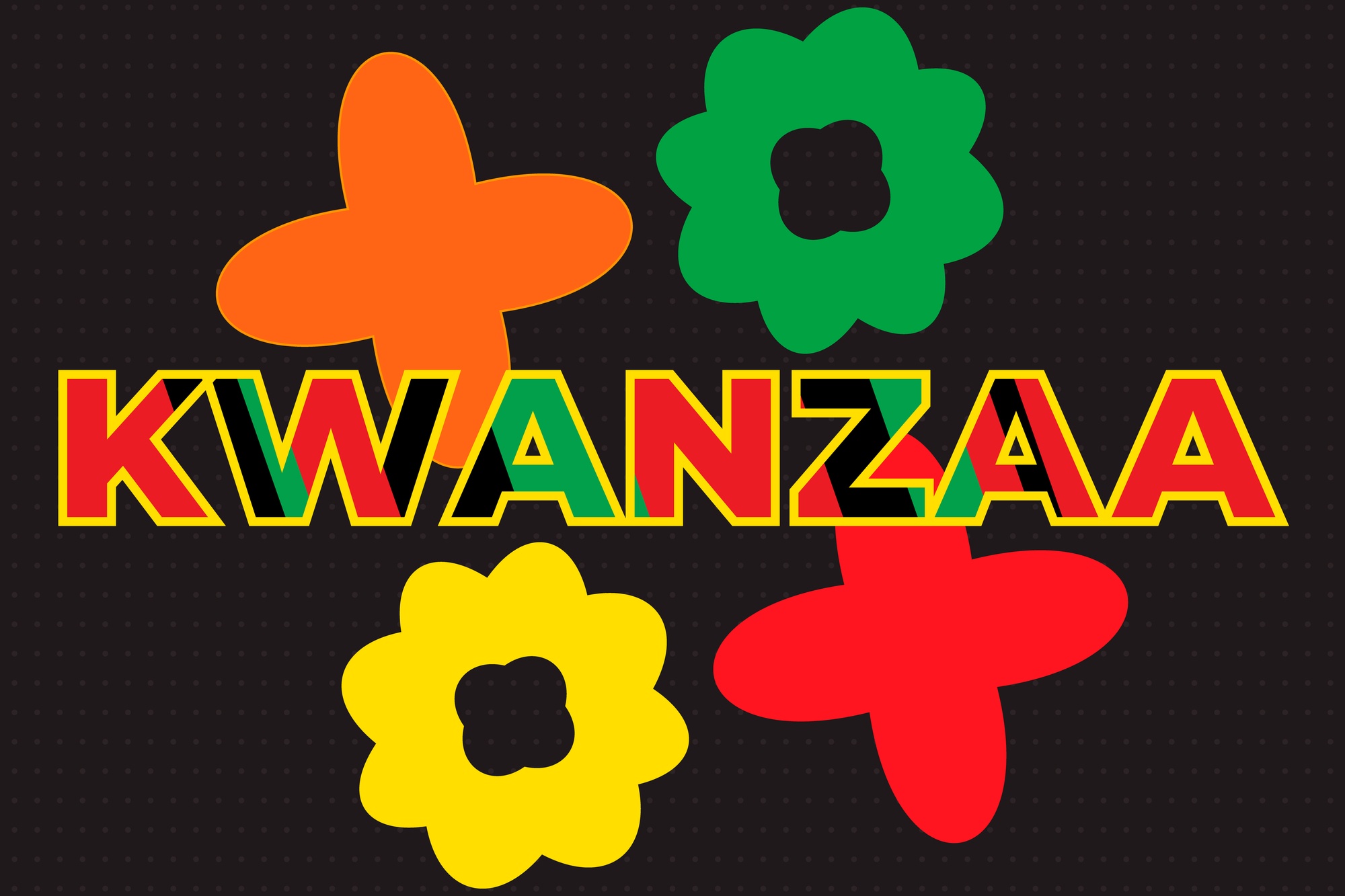
Travel Mamas and Grownup Getaways sometimes receive compensation and/or hosted travel and sample products related to blog posts. This story may include affiliate links for which we receive a small commission at no extra cost to consumers. As an Amazon Associate, we earn money from qualifying purchases.
Kwanzaa’s Origin
Although Kwanzaa is based on ancient and modern celebrations in Egypt and Southeastern Africa, the Kwanzaa holiday as we know it today was started in the United States. The goal of this holiday was to bring African Americans together as a community.
Kwanzaa was created in 1966 by Dr. Maulana Karenga after the Watts Riots in Los Angeles. He was a professor at California State University, Long Beach.
Colors of Kwanzaa
The colors of Kwanzaa are black, red, and green. Black represents the color of the people of Africa. Red stands for the struggles of the African people and the blood they’ve shed. Green symbolizes the fertile land of Africa and hope.
Kwanzaa Principles
The holiday takes place over seven nights. Similar to Hanukkah, candles are lit every night of Kwanzaa. Each night represents a different principle, outlined below.
1. Unity
2. Self-determination
3. Collective work and responsibility
4. Cooperative economics
5. Purpose
6. Creativity
7. Faith
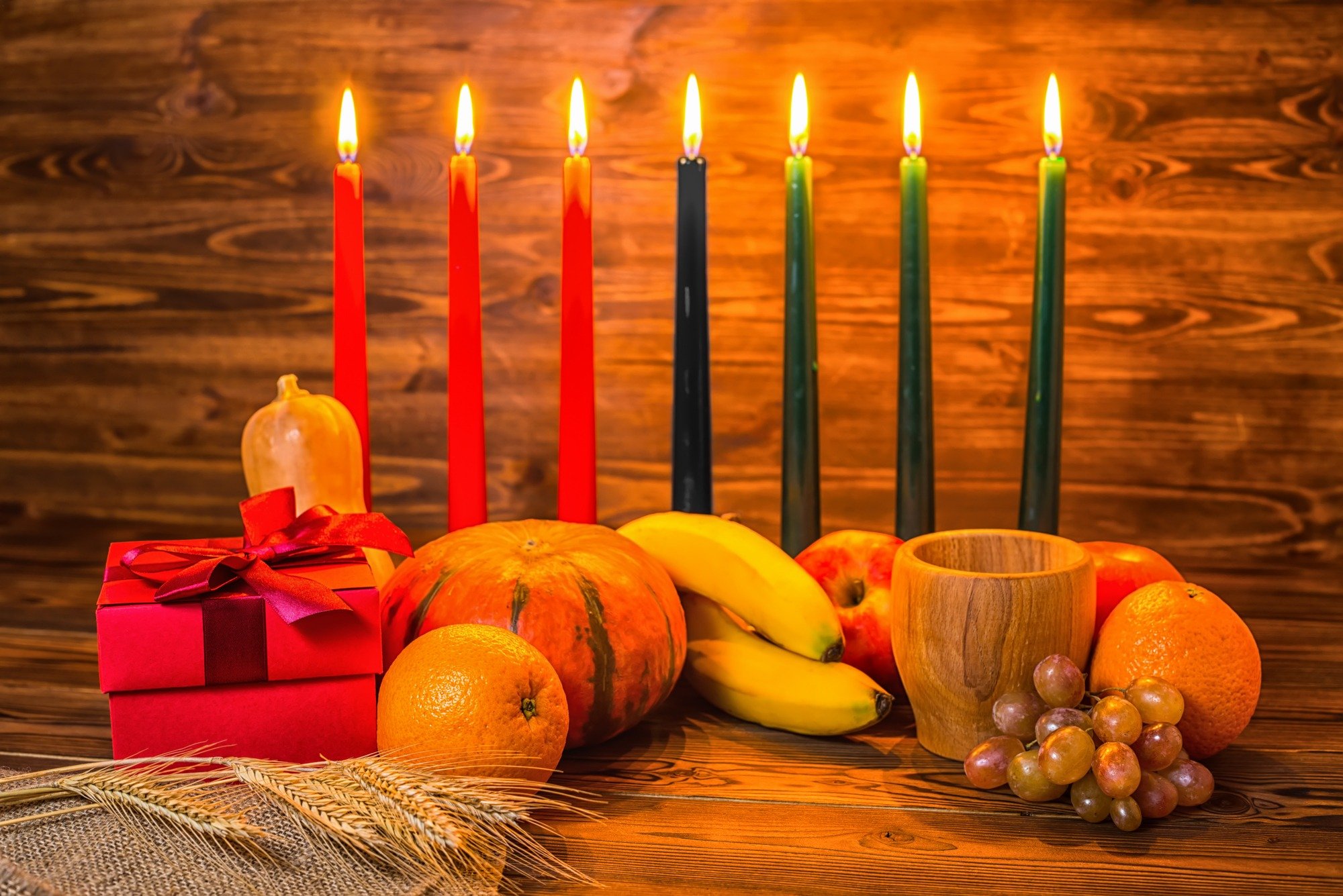
Kwanzaa Symbols
Similarly, each day of Kwanzaa is represented by a different symbol.
1. Crops like fruits, nuts, and vegetables symbolize work and harvest
2. A straw or cloth placemat representing history, culture, and tradition
3. Ear of corn, standing for fertility and family
4. The seven candles celebrate the sun and light
5. The candle holder, as a symbol of ancestry
6. A cup, representing unity
7. Gifts, rewarding accomplishments and commitments
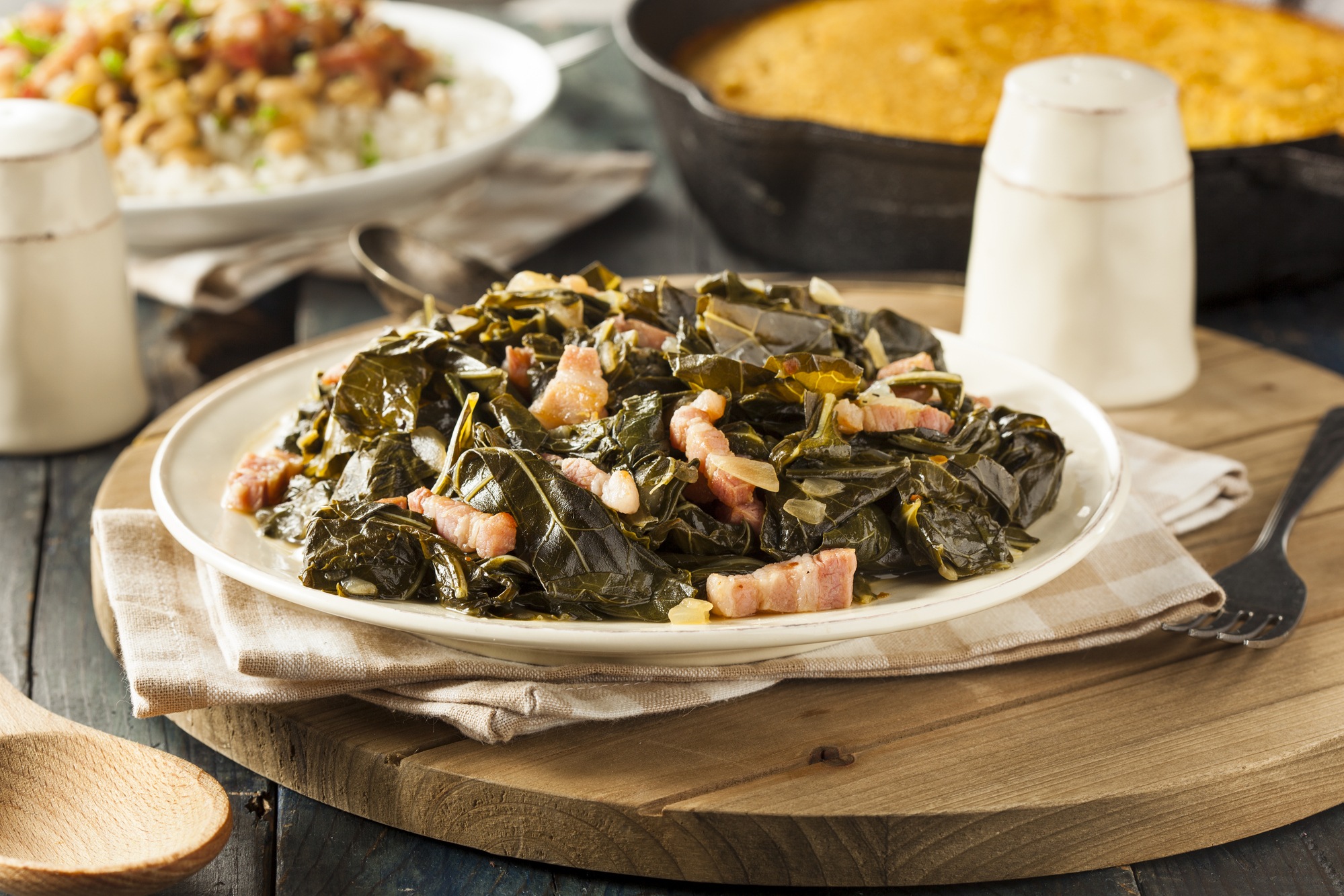
Karamu Feast
Kwanzaa culminates in a traditional feast called Karamu, which is typically held on New Year’s Eve. Presents are also given on this final night of the holiday, especially to children.
Foods served at this celebratory meal vary from family to family and may include traditional dishes from various countries in Africa like Ghanaian groundnut stew or West Indian or South African curry dishes. Revelers may also serve African American soul foods like fried catfish, cornbread, sweet potato pie, and collard greens.
Take a look at Kwanzaa dish suggestions from the Food Network or Fruits of the Harvest: Recipes to Celebrate Kwanzaa and Other Holidays, available from Amazon.
Learn More About Kwanzaa
Want to learn more about Kwanzaa? Read about the history of Kwanzaa on History.com.
Share the meaning of Kwanzaa with kids with this fun children’s book, Kwanzaa: 7 Principles, Celebration, Decorations, Traditions and Symbols.
Test Your Travel Trivia Knowledge
Do you love learning facts about the world? Then, you’ll love our travel trivia questions! Test your global knowledge with the questions below.
What was the first state in the USA?
In which country do women give men chocolate on Valentine’s Day?
Which country has the most islands?
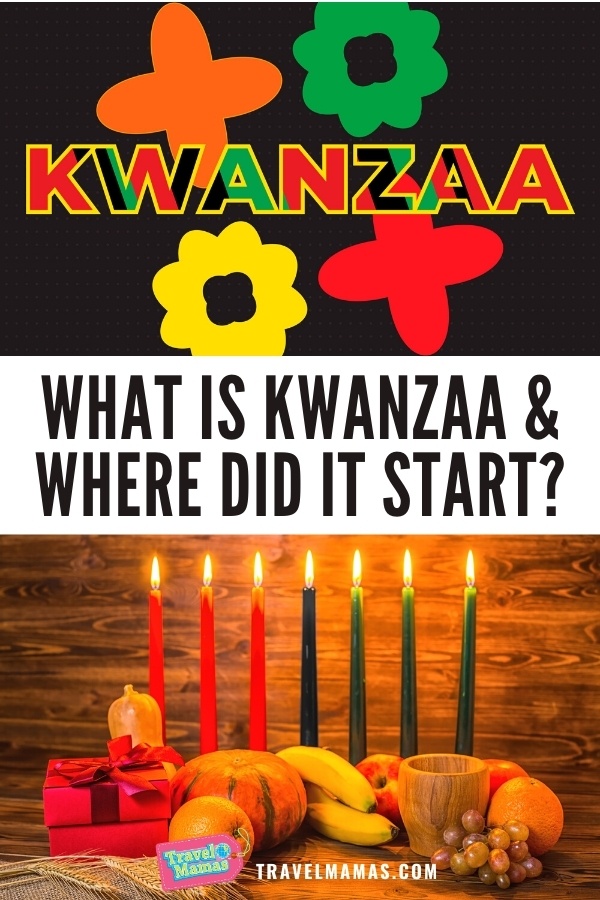
Save These Facts About Kwanzaa
For future reference, be sure to save this information about the history, meaning, and origin of Kwanzaa. Simply pin the image above to Pinterest. We hope you’ll follow Travel Mamas on Pinterest while you’re at it!

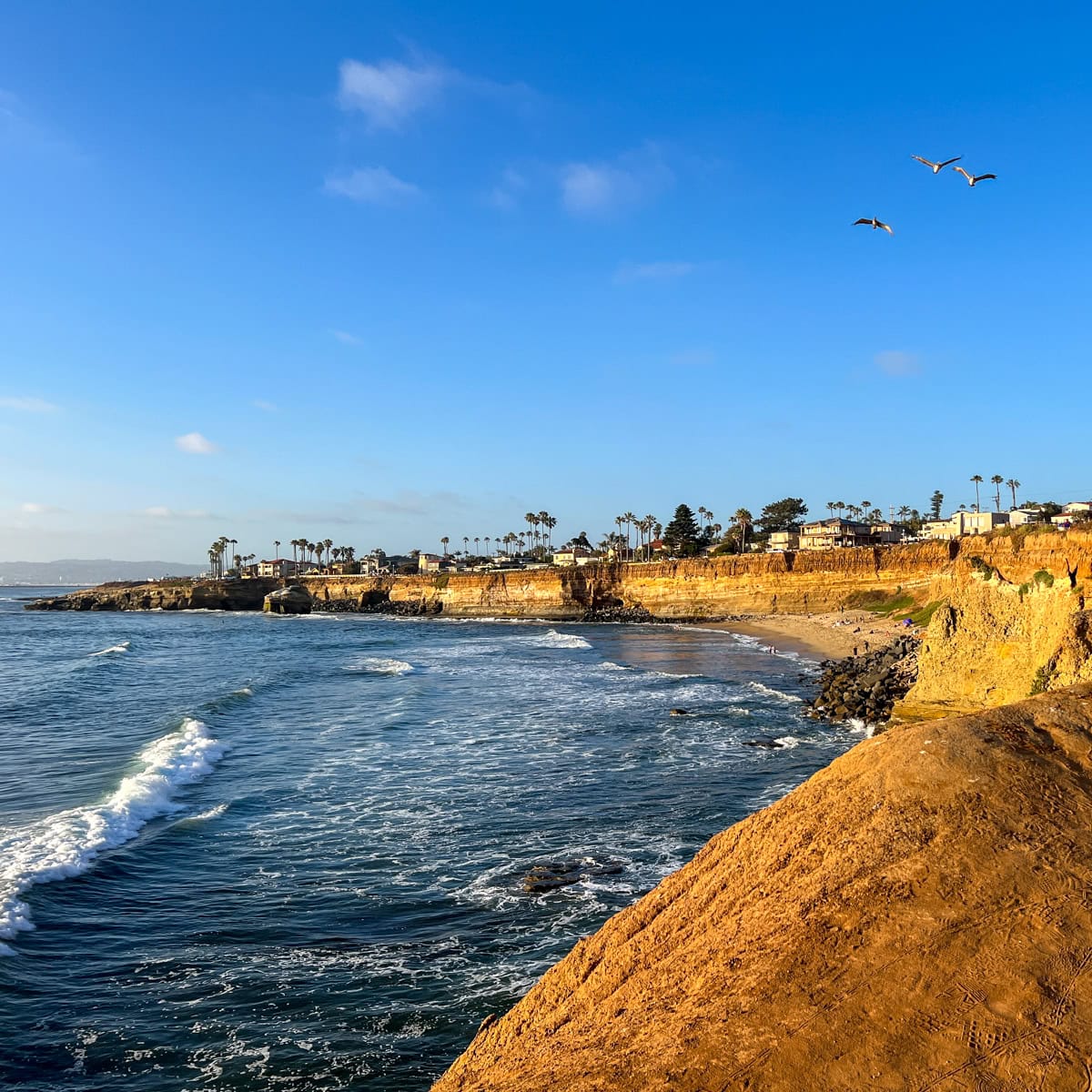
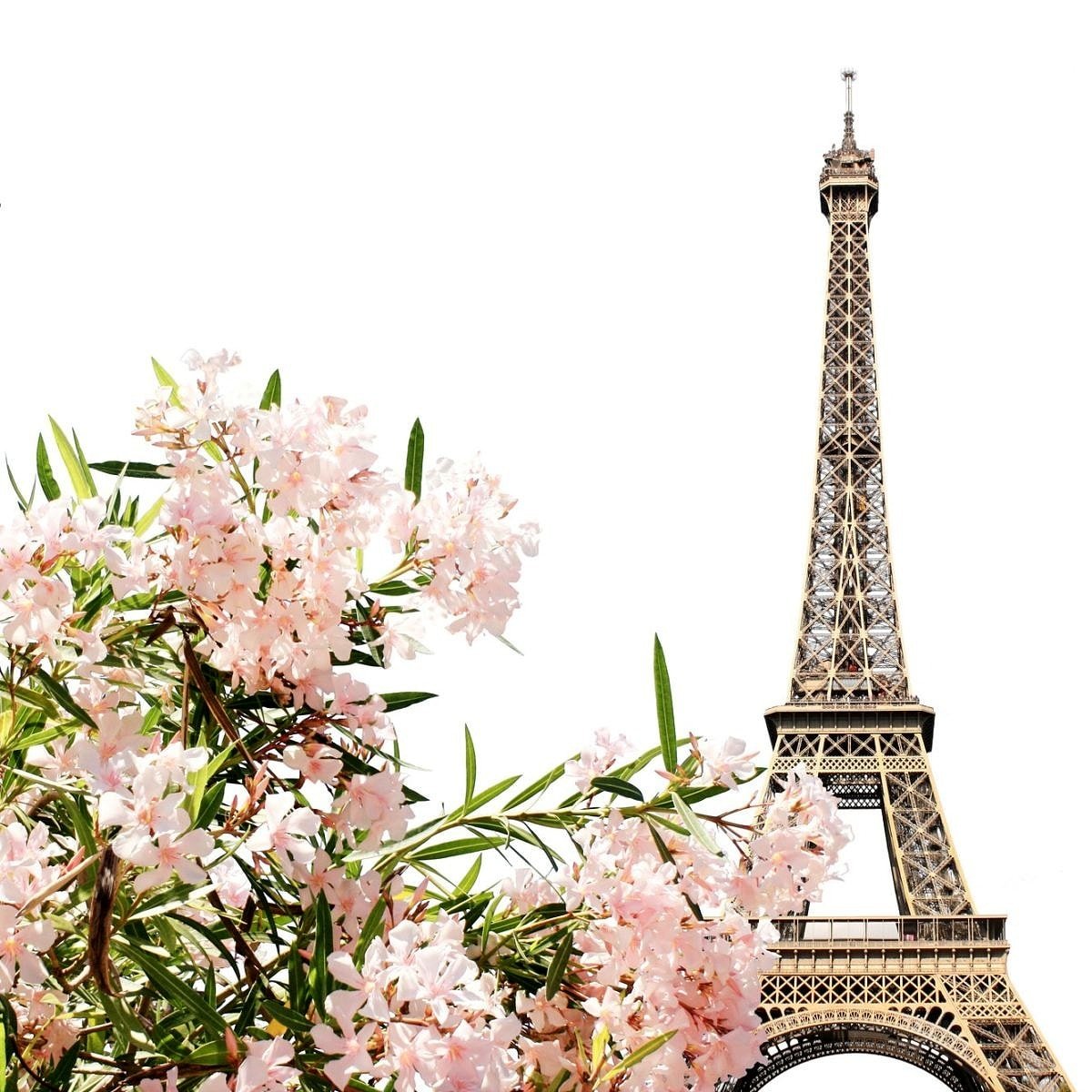
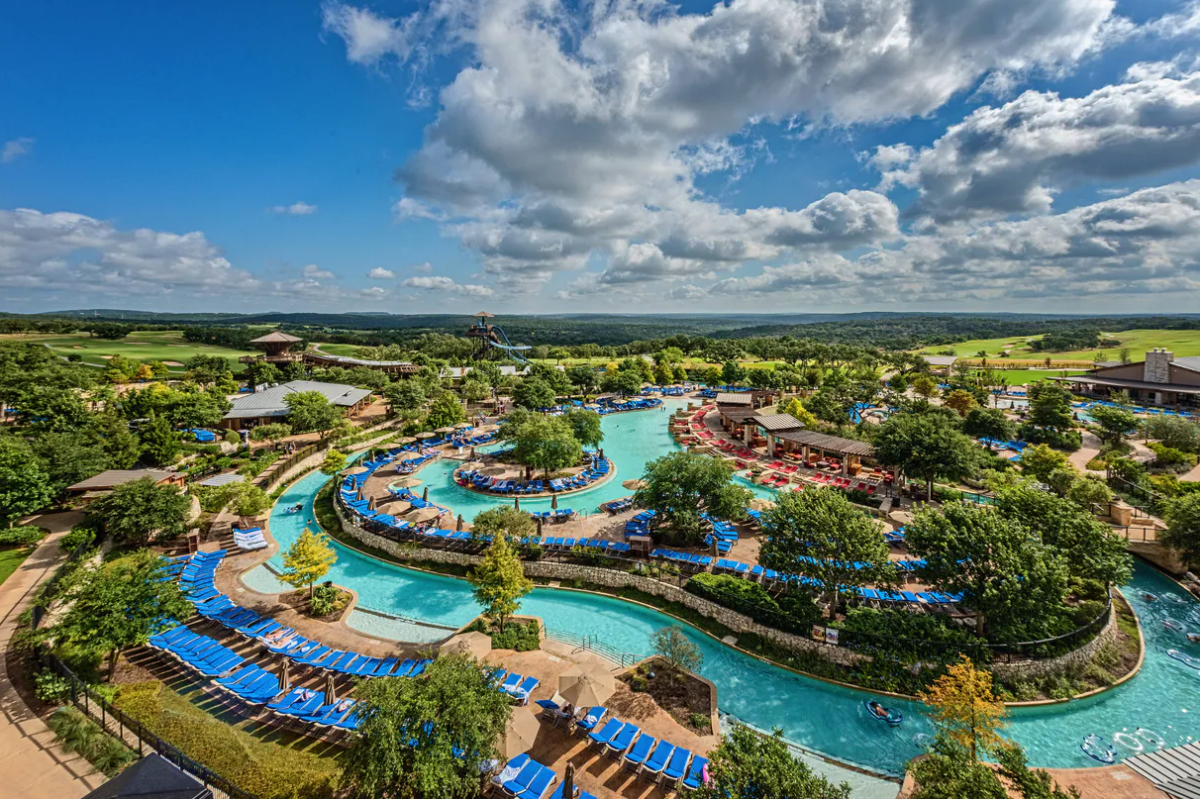


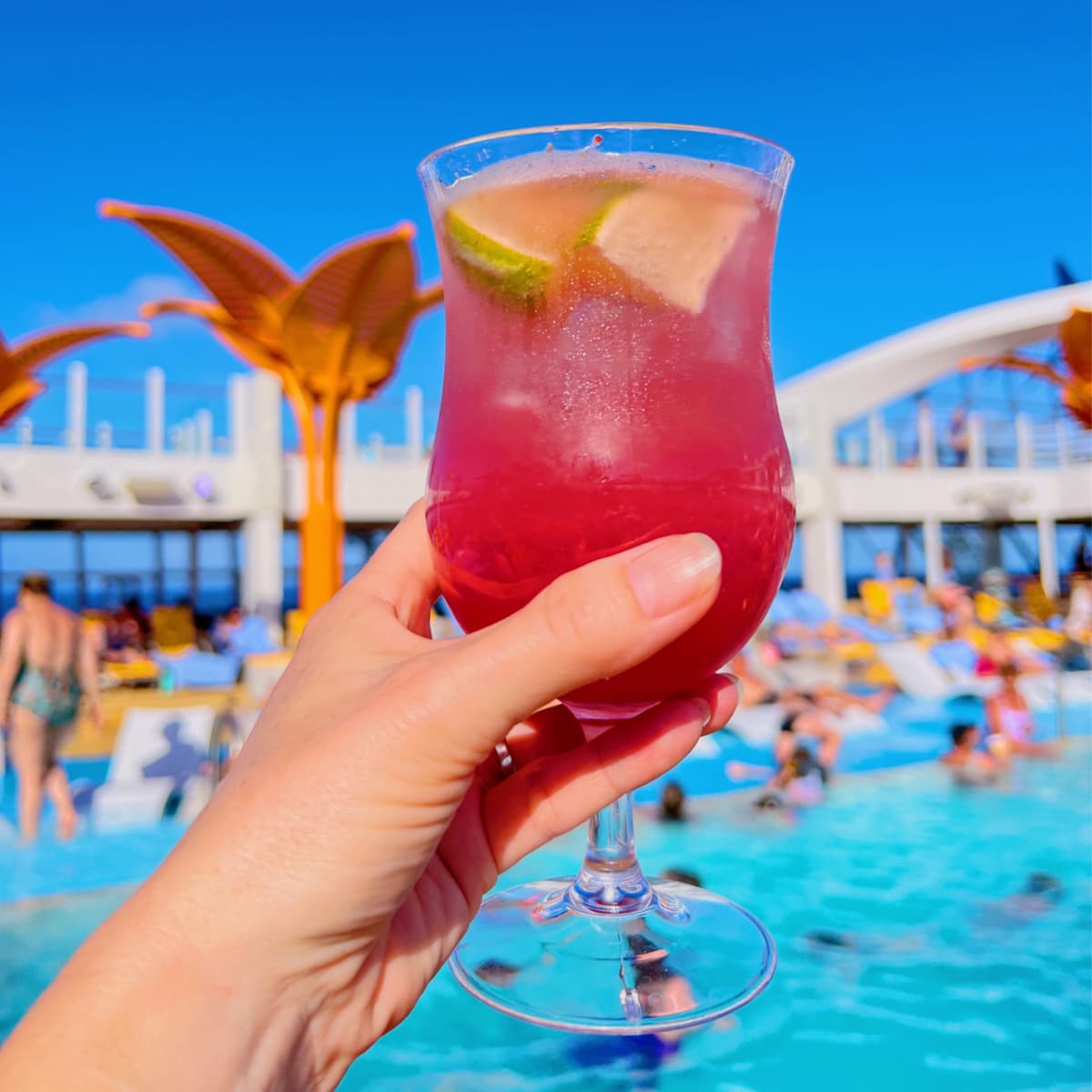
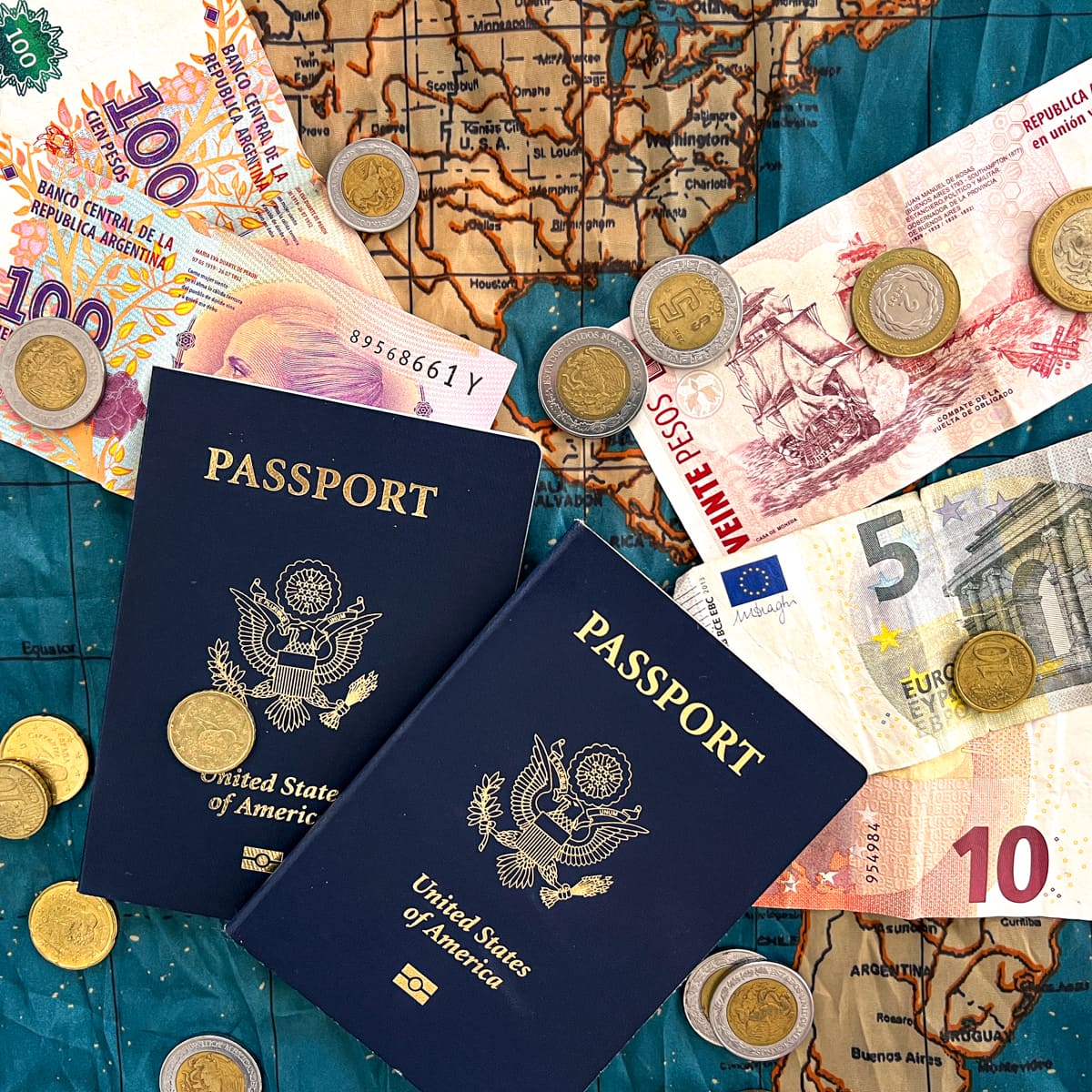

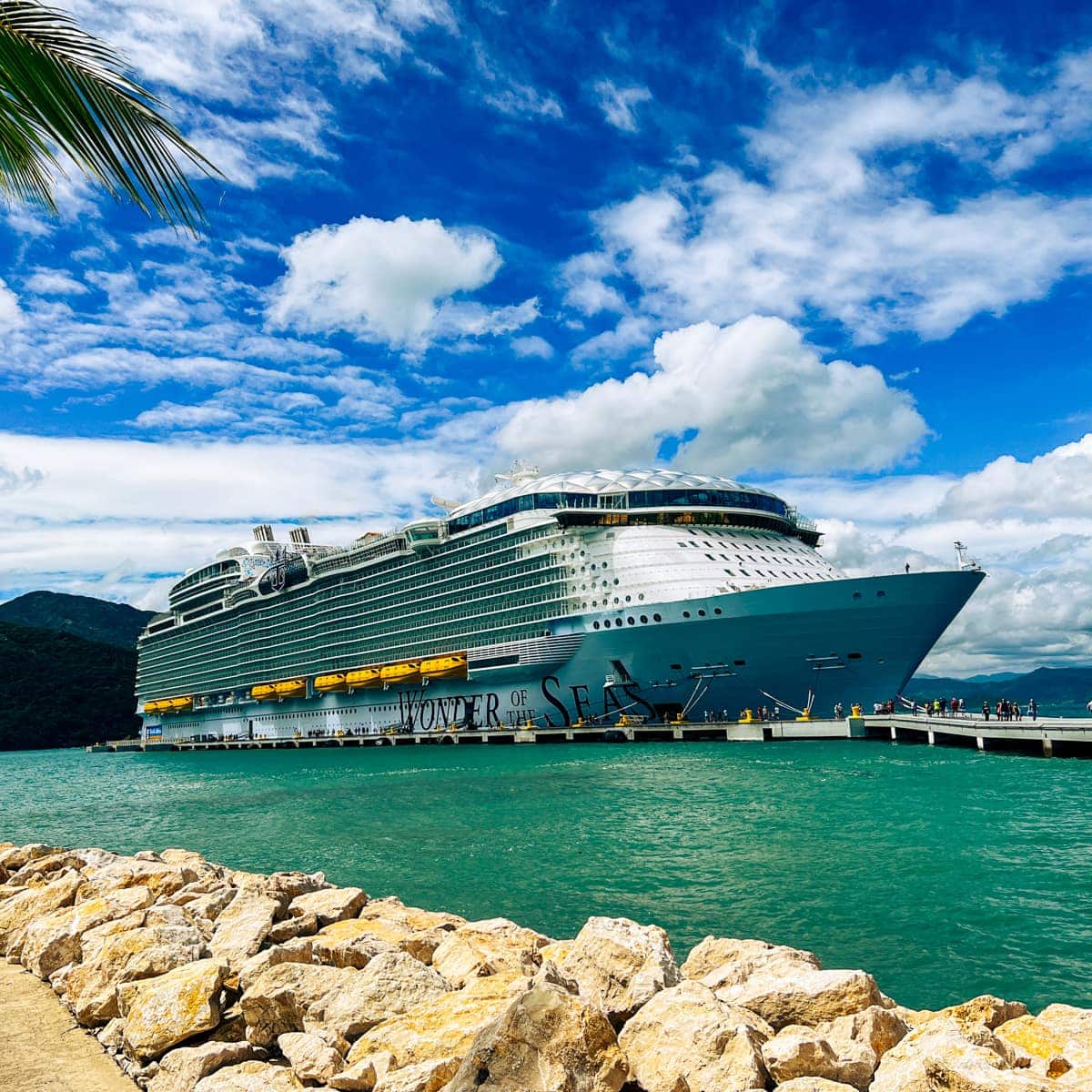
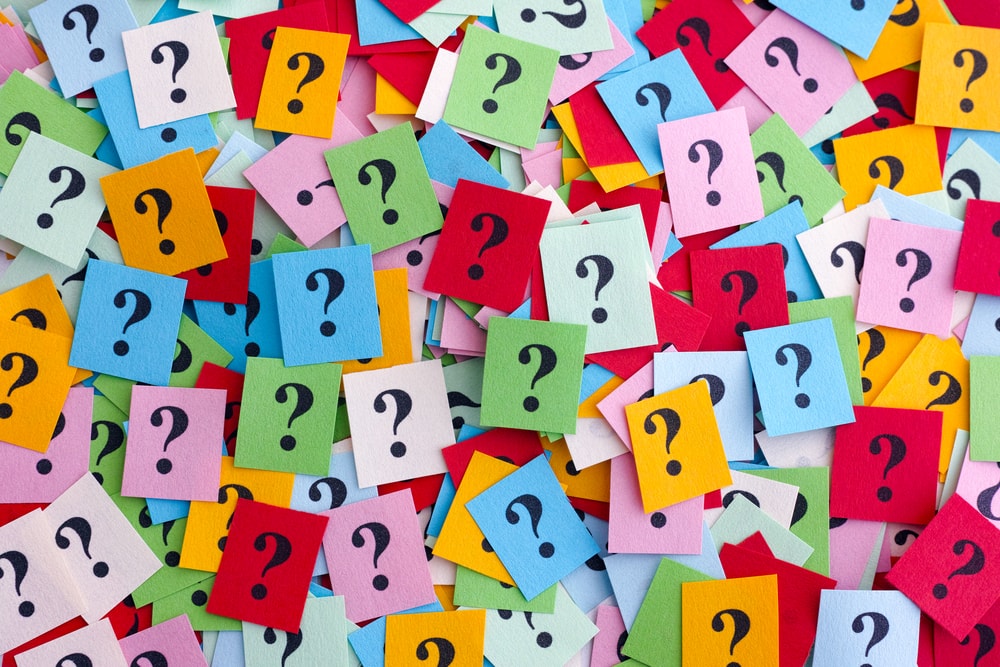
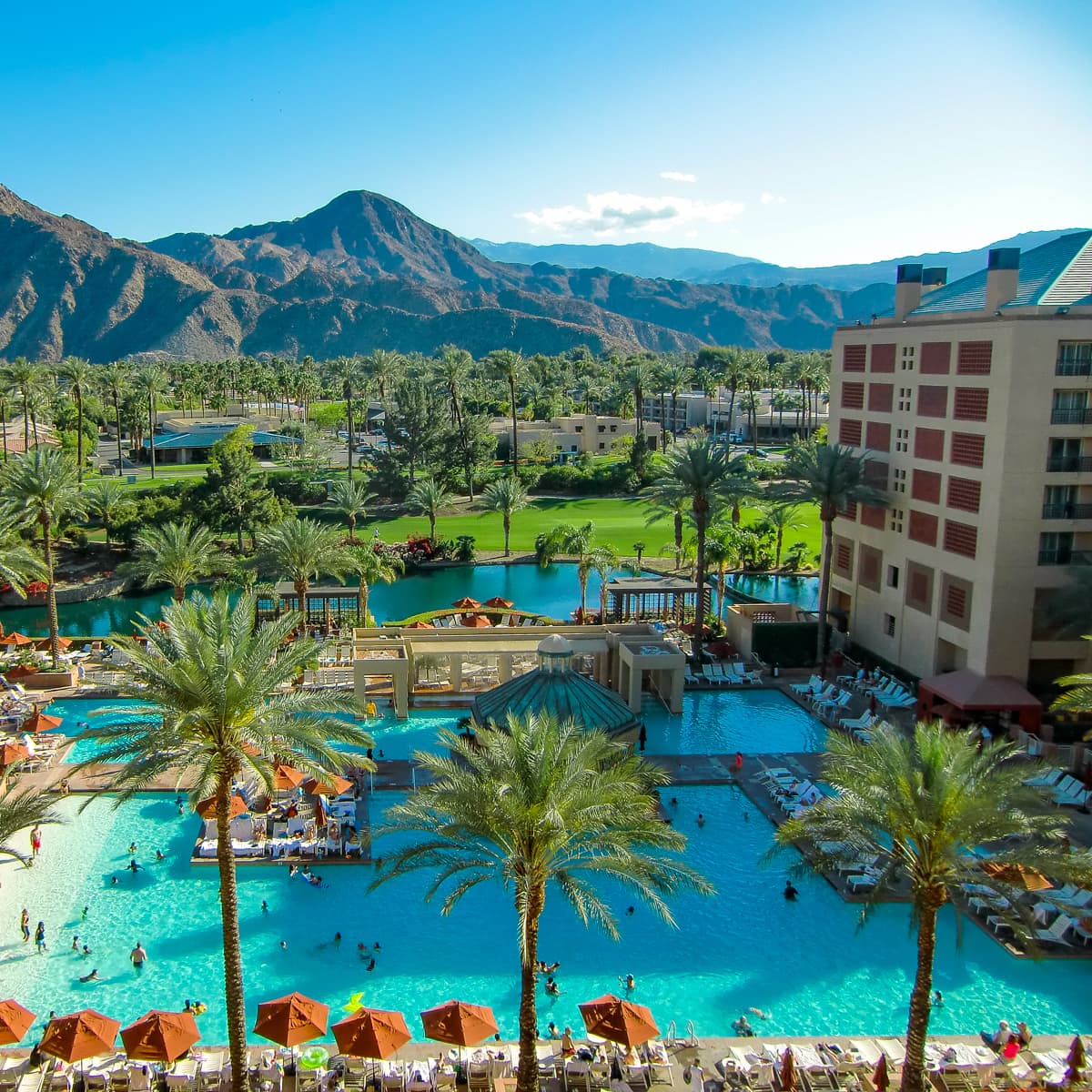
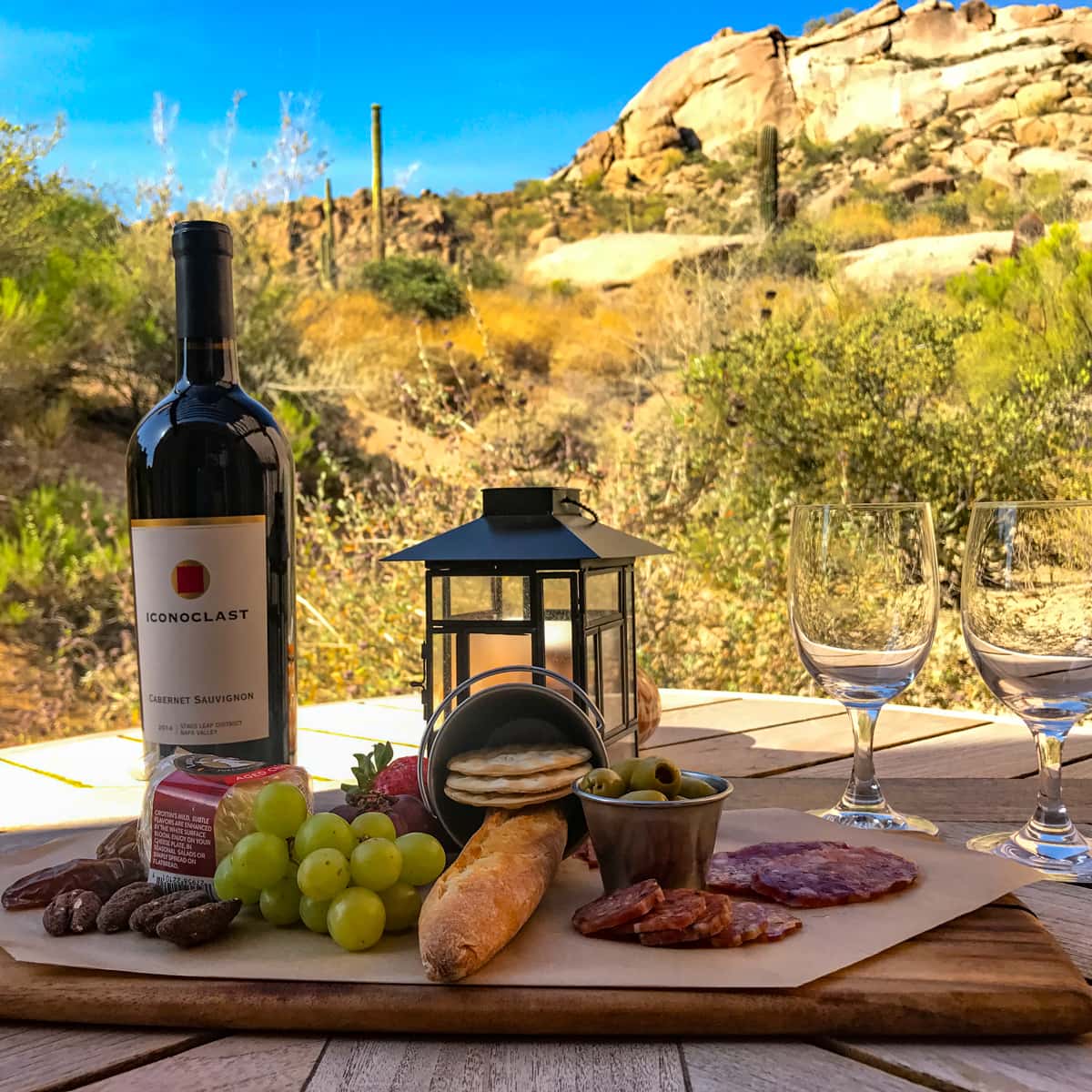
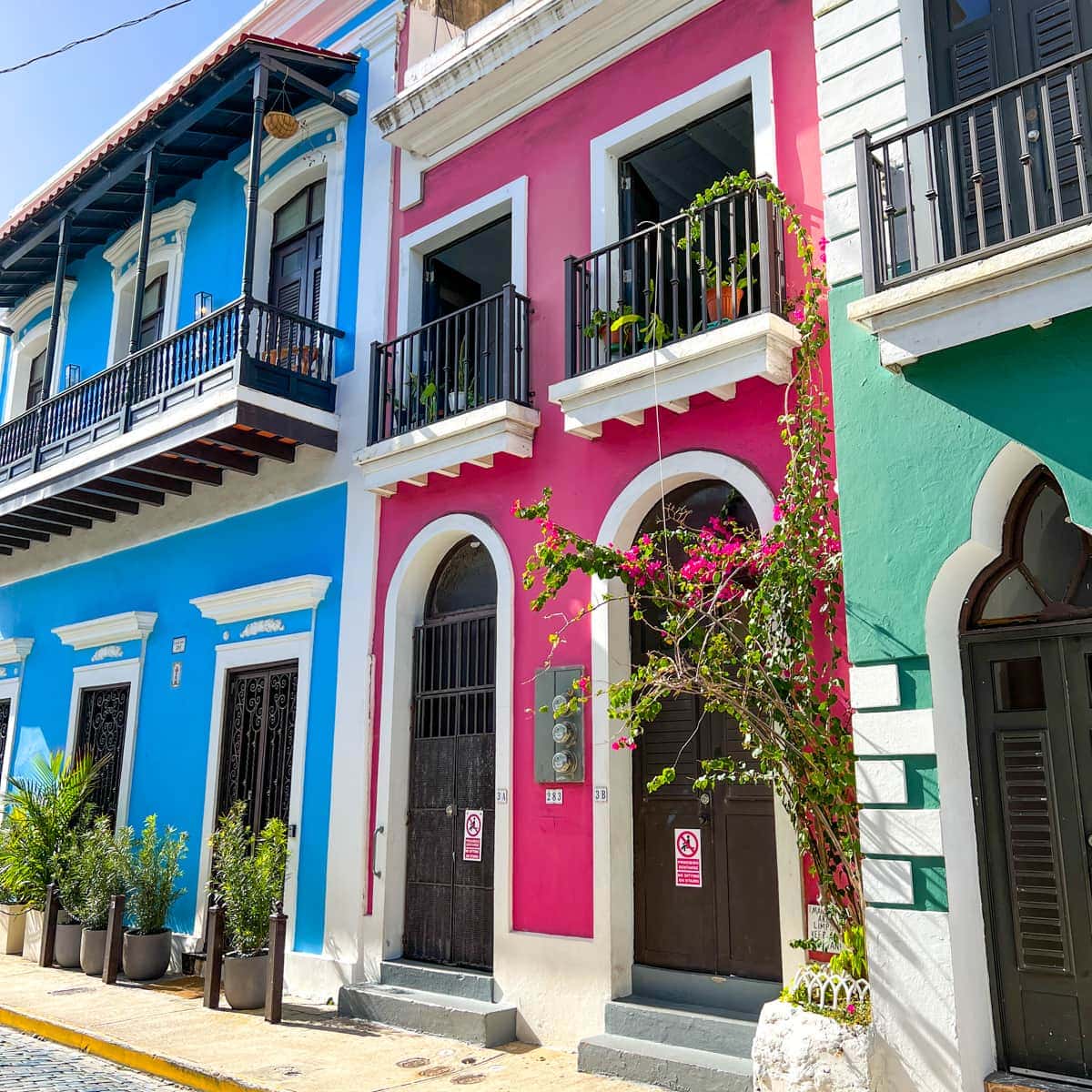
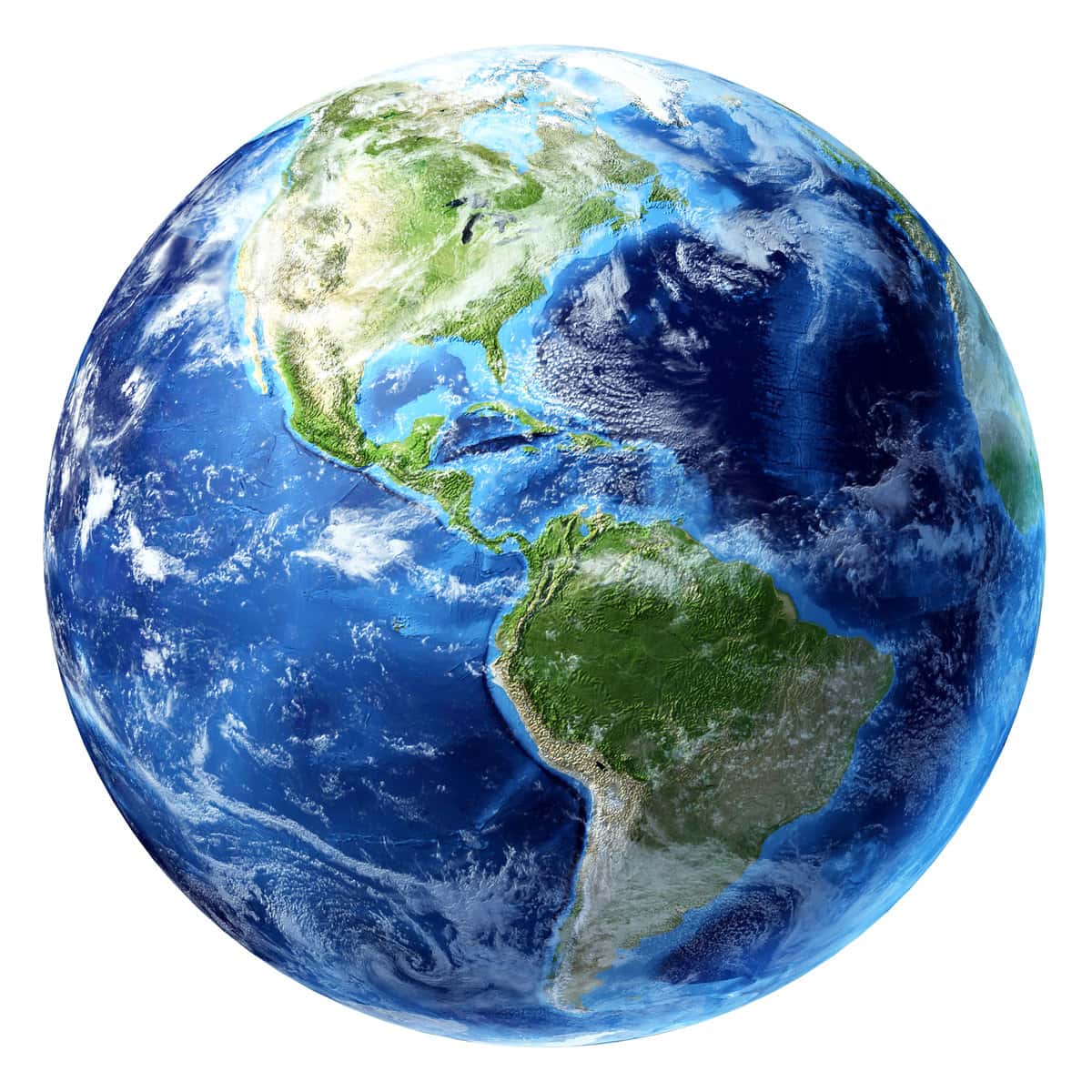

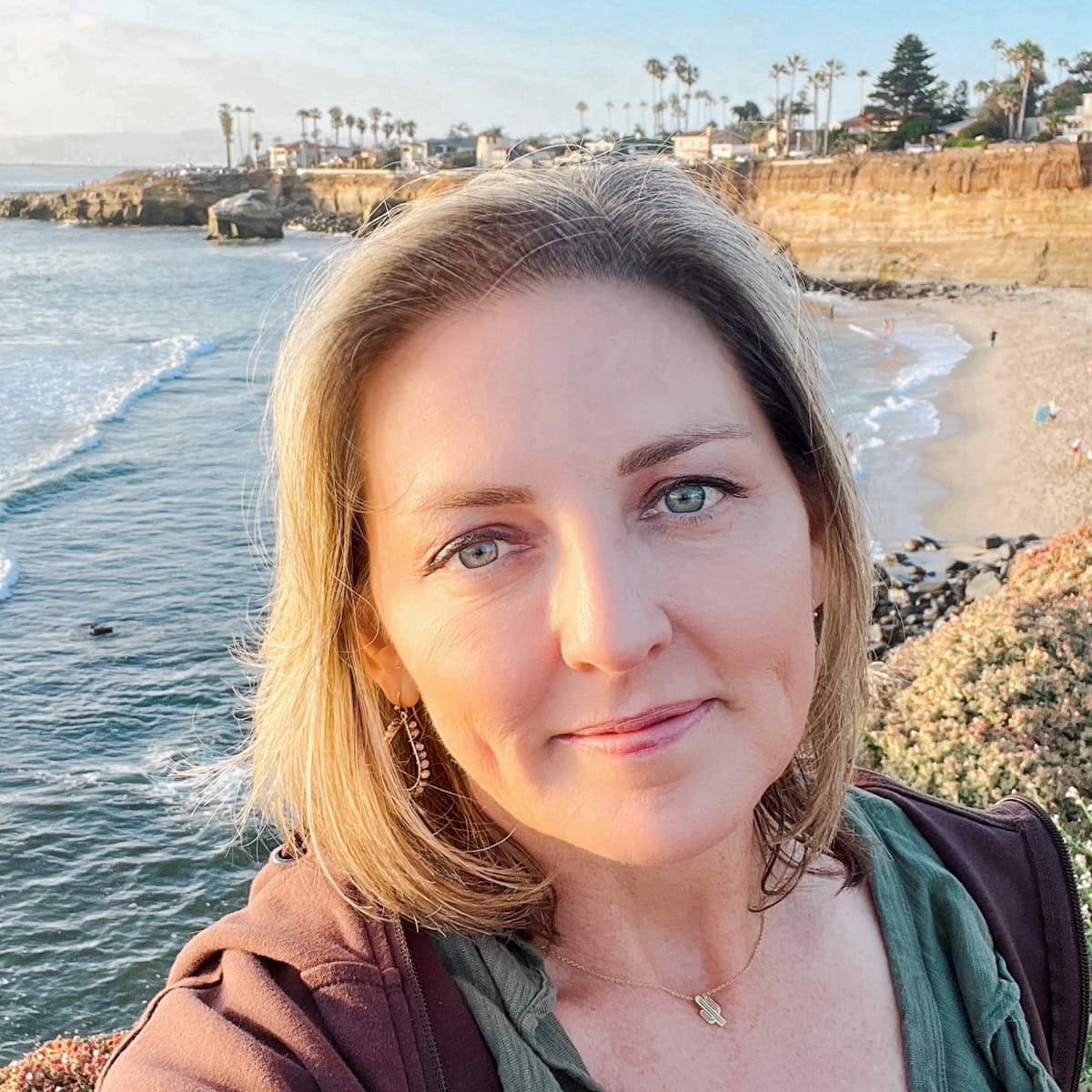
I’m really glad to know these facts about Kwanzaa! Thanks for sharing!
xoxo
Lovely
So happy to share these Kwanzaa facts with you!
Harvest fruits, vegetables and etc, this is similar like harvest day in India. We called Onam. But we wearing white dress with gold color as combination to celebration.
Thank you for sharing about Onam! I’d never heard of this holiday before.
These are some interesting facts about Kwanzaa that I never knew. I always love to learn about other cultures and holidays.
Me too! One of the things that makes our planet so amazing is its diversity!
FAKE made-up holiday created by a Black Extremist who was in prison.
Lol. That word… “fake”.
You realize that all holidays share the same validity, right? And you realize Christmas is celebrating someone whose followers slaughtered millions in the quests to shove their religion down the throats of the world? So I mean, comparing one dude in prison to an entire cult following attempting to convert the world to Christianity because they felt that Jesus would love them more if they participated is a bit out there.
I mean, the only meaning I get from your comment is “I’m a huge hillbilly who felt it necessary to try and propagate racist views on a blog comment section”. That about do it, James Singer?
Hey, James, you want to hear something amazing? ALL holidays are created by people. Also – because you strike me as this type – Christmas is NOT Christ’s birthday, nor is it Christian. Christmas is a holiday that was created when Christians co-opted the pagan celebration of the Winter Solstice so that they could celebrate the birth of Christ without being persecuted. Please go away and stop polluting the internet with your filth.
Kwanzaa is an amazing holiday. The tenets on which it’s founded are things that serve to better everyone and remind us all to be grateful. EXCELLENT read, Colleen!
Happy to share information about this fascinating cultural holiday!